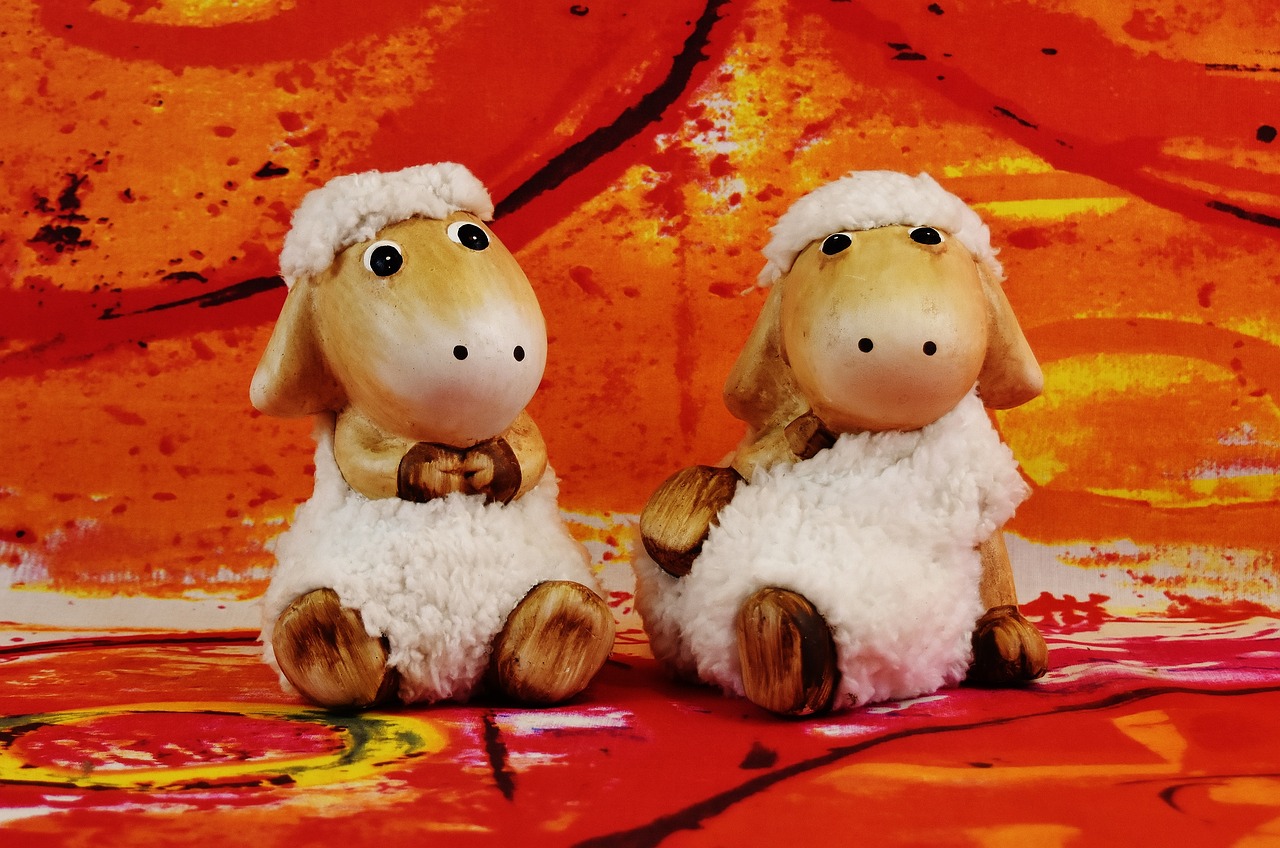The Role of Festivals in Celebrating Indigenous Knowledge Systems: Betbhai 9, Playexch, Gold365.win login
betbhai 9, playexch, gold365.win login: Indigenous knowledge systems have been passed down through generations, preserving valuable traditions, beliefs, and practices that are deeply rooted in nature and culture. Festivals play a crucial role in celebrating and showcasing these indigenous knowledge systems, providing a platform for communities to come together, exchange ideas, and honor their heritage.
Embracing Cultural Diversity
Festivals dedicated to indigenous knowledge systems highlight the rich cultural diversity that exists within different communities. These events bring together people from various backgrounds to celebrate and learn from each other’s traditions, fostering a sense of unity and respect for cultural differences. By participating in these festivals, attendees gain a deeper appreciation for the history and values that shape indigenous communities.
Preserving Traditional Practices
Many indigenous knowledge systems are based on traditional practices that have been passed down orally from ancestors. Festivals provide an opportunity for community members to showcase these practices through dance, music, storytelling, and handicrafts. By sharing these traditions with the wider public, indigenous communities can ensure that their cultural heritage is preserved for future generations.
Protecting the Environment
Indigenous knowledge systems are often closely linked to the environment, with communities relying on sustainable practices to maintain a harmonious relationship with nature. Festivals dedicated to indigenous knowledge can raise awareness about the importance of protecting the environment and the need for sustainable resources management. Through workshops, exhibitions, and interactive activities, festival-goers can learn about traditional ecological knowledge and its role in conservation efforts.
Promoting Cultural Exchange
Festivals celebrating indigenous knowledge systems provide a platform for cultural exchange and dialogue between different communities. By sharing their customs, beliefs, and values, indigenous groups can forge connections with others and create opportunities for collaboration. These festivals help to break down stereotypes and foster understanding and respect for diverse cultures.
Empowering Indigenous Communities
Participating in festivals dedicated to indigenous knowledge systems can empower communities to take pride in their cultural heritage and assert their identity. These events create a sense of belonging and unity among community members, promoting self-confidence and resilience in the face of social and economic challenges. By showcasing their traditions and achievements, indigenous communities can challenge stereotypes and assert their rights to self-determination.
Celebrating Indigenous Wisdom
Indigenous knowledge systems are often based on centuries-old wisdom that offers valuable insights into sustainable living, well-being, and community cohesion. Festivals dedicated to indigenous knowledge provide a platform for sharing this wisdom with a broader audience, inspiring people to learn from indigenous traditions and incorporate them into their own lives. By celebrating indigenous wisdom, these festivals promote a deeper understanding of the interconnectedness of all living beings and the importance of preserving cultural heritage.
FAQs
Q: What are some examples of festivals that celebrate indigenous knowledge systems?
A: Examples include the Gathering of Nations Powwow in Albuquerque, New Mexico, the Maori New Year celebration in New Zealand, and the National Indigenous Cultural Festival in Australia.
Q: How can I support indigenous communities in preserving their knowledge systems?
A: You can support indigenous communities by attending festivals dedicated to indigenous knowledge, purchasing traditional arts and crafts directly from artisans, and advocating for the protection of indigenous lands and resources.
Q: Are indigenous knowledge systems relevant in today’s world?
A: Yes, indigenous knowledge systems offer valuable insights into sustainable living, environmental conservation, and community resilience that are more relevant than ever in the face of global challenges such as climate change and biodiversity loss.







